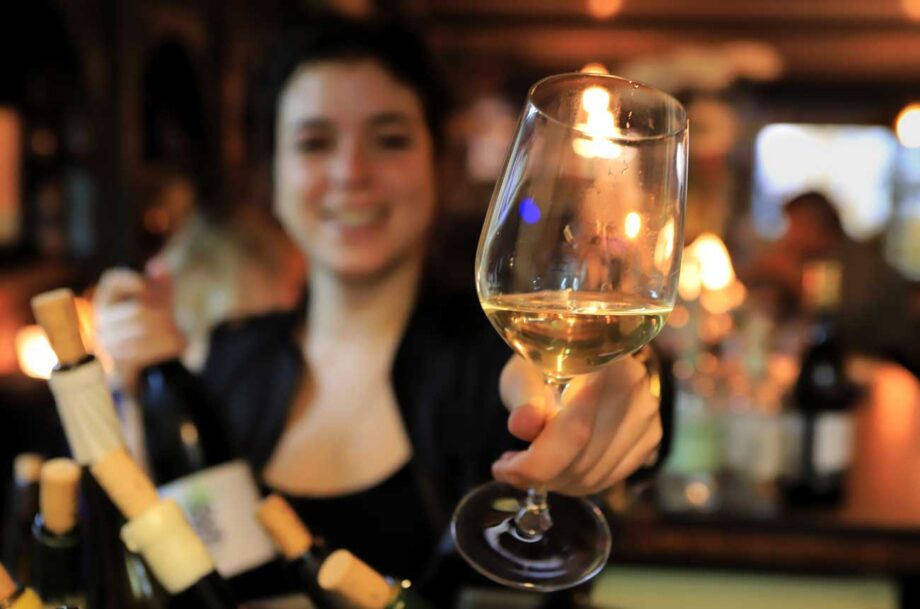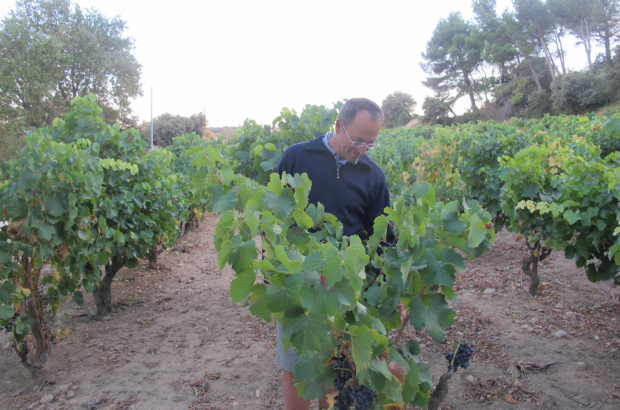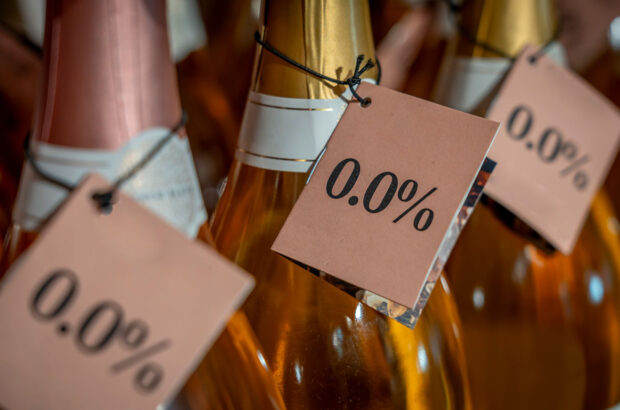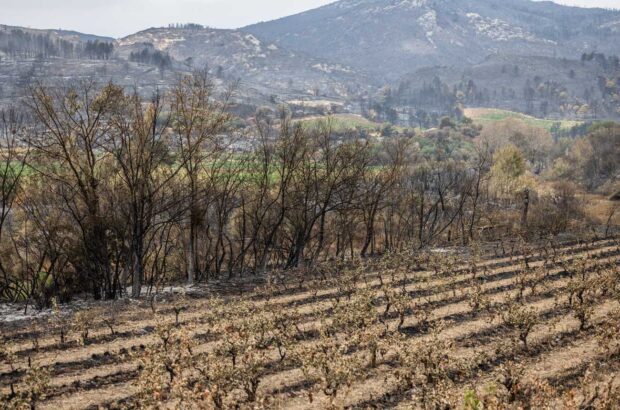Your contemporary wine professional would be rather difficult to select from a line-up… of, say, DJs, ceramicists, surfers, perhaps even local cocaine dealers.
While sommeliers of yore have often tended towards a particular aesthetic (vested, male, well-postured), our present aficionados obey no such laws.
Heavily tatted, dressed for leisure, and free-wheeling in their wine vocabularies, these folks may very well be able to blind taste any heavily-credentialed, elitist somm under the table. But technically speaking, they’re without the pay-to-play certifications that tend to give other wine stewards a certain holier-than-thou sensibility.
Naturally, ‘somm’ has become a convenient catch-all word for the folks pouring bottles and curating wine lists at bars and restaurants. And semantically speaking, sommelier is a job title, not a degree. That said, for years, it was oft-understood that certain credentials were a mandatory prerequisite to sommelier work… while now, as more disciples of the wine world earn their credibility via the, ahem, school of life, it seems as if the term – for better or for worse – has lost its credence.
And is that a bad thing?
The reality is, we’re seeing fewer and fewer restaurants boast a ‘sommelier’ position to begin with.
A talented, astute, well-trained wine professional? Absolutely. But sommelier? Perhaps a bit snooty of a term for the wry, T-shirt sporting autodidacts skilfully slinging wine at so many venues.
‘Of course, [wine is] an elitist and hierarchical field by design. Becoming a master at wine is an elite sport and you have to be extremely rigorous, dedicated and competitive,’ says Basile Al Mileik, who helms wine programmes to great success (sans diplomas) at beloved Manhattan establishments, St. Jardim and Fedora. ‘After all, it’s a competition, right? Social status, historical origin, privilege, race, gender… Plus, it’s ranked and it’s Euro-centric, male and white dominated, no?’
This is good news! Perhaps we’re through with attributing vaguely pronounceable, exclusionary French words to positions or practices that are inherently designed to democratise wine or make it more accessible.
Think about it: As a general layperson looking to order something delicious, would you rather clear your throat and say, ‘May I consult your sommelier?’ Or ‘I’d love some advice from the Wine Guy.’
‘I’m not sure the general public really cares about educational credentials anymore. They just use sommelier to refer to the person providing good wine service,’ adds Al Mileik. ‘Of course, I totally understand and respect that fine dining places prefer to hire people with formal training – who have a pin and can enumerate all sub-regions of Victoria or the Right Bank. That stuff is all very important, and I might be a hater, but my question is: did this person obtain the title because they were passionate or because they had access and privilege? And will all that specific knowledge actually help them connect with guests about what they want to drink?’
Personally speaking, I must admit… I love school. Humiliatingly so.
Classroom learning maintains a distinct draw for me – but pragmatically speaking, even as a wine writer by trade, WSET is not where one goes to find stories. Angles and pitches are generated from moving through the world in three dimensions. From talking to servers, attending portfolio tastings, visiting wine fairs, taking notes while tasting new things – and old things. From working on wine harvests overseas.
In fact, to that end, I’ve learned more from working in vines and cellars, often in a language that is not my own, about how to taste, how to care for fruit, how quality wine is actually crafted, than I have from any textbook (and I do, indeed, read textbooks!). The same is true for individuals on restaurant floors, who calibrate in real-time.
Never mind the already looming spectre of my undergrad student loans… wine education is a natural byproduct of commitment to the project of learning, no matter where you choose to do so… and at what price. And frankly, I’d take advice from just about anyone with palpable enough enthusiasm, no matter where I encountered them (the subway, for example).
Moreover, it’s also worth noting that there are plenty of folks out there who earn their credentials purely for the love of sport, sitting through wine courses with no intention to put their degrees to use in hospitality.
There’s a sincerity there: The impulse is purely educational. Not because one mode of learning outranks another, but because the condensed and tidy rendition of classroom learning is extremely valuable for those who do indeed have both the means and the curiosity.
‘Wine has so many barriers to entry, so if you don’t work in hospitality, your experience is likely going to be pretty limited to what your friends and family drink and what’s served by the glass at the bars and restaurants you go to,’ says writer and editor Christie Rotondo. ‘When I started taking my WSET courses during Covid, I didn’t really have a plan for what I would do with the credentials, but I felt like it was a useful skill, and I was having a good time learning about wine, practising blind tasting, and studying with my class, even though it was a lot of work.’
That said, even from a properly educated standpoint, Rotondo is still adamant that there’s ample talent and wisdom to be found in rooms where your ‘wine steward’s’ knowledge has been honed by other means.
‘I have never once asked a server or sommelier about their wine certifications and would never even think to,’ adds Rotondo. ‘I think they have plenty of that “school of life” experience working in hospitality and training with their establishment’s wine list.’
For Ivy Sutton, who helms Omaha, Nebraska wine bar iDLE Wine & Goods, the same is true on the venue side of things. ‘I’m more likely to hire someone who’s self-taught, ambitious and genuinely interested in wine than someone who’s interested in the bravado of being on a particular level or having the highest rank,’ she explains. ‘To be brutally honest. Certifications and diplomas mean nothing to me.’
As she sees it, learning from zines, wine journalists, shop clerks, podcasts, and other wine professionals – that’s the good stuff. Not only does it broaden your general conception of how to drink, how to taste, and what to pay attention to – but it also exposes you to mentors, allies in the wine world, and a functional community that is so essential to success in the industry. ‘I don’t ever feel less well-equipped [due to a lack of professional training],’ Sutton continues. ‘Unless I skipped my anxiety meds.’
That’s not to say that servers and buyers from both schools can’t thrive or fail in a hospitality setting. But rather, that sommelier is seemingly no longer some sacred reference to connoisseurship or quality. Expertise is expertise, and the titles are semantic hang-ups. ‘Like most people, I suffer from impostor syndrome and think, oh wow, should I actually have a sommelier title to justify my wine job?’ says Al Mileik. ‘But if a green server asks me a question, I’m happy to say, I don’t know, but let’s find out.’
The point is, knowledge is not static. It metamorphoses with experience and exposure. It requires humility and sincere curiosity. It can be found in classrooms, cellars, magazines and local bars.
And expertise in wine need not be determined merely by the precise templates set forth by the WSET overlords. Call your Wine Guy a somm, a steward, a server, a wine jockey. If you like what you’re drinking, they’ve done their job. Anything else is besides the point.







